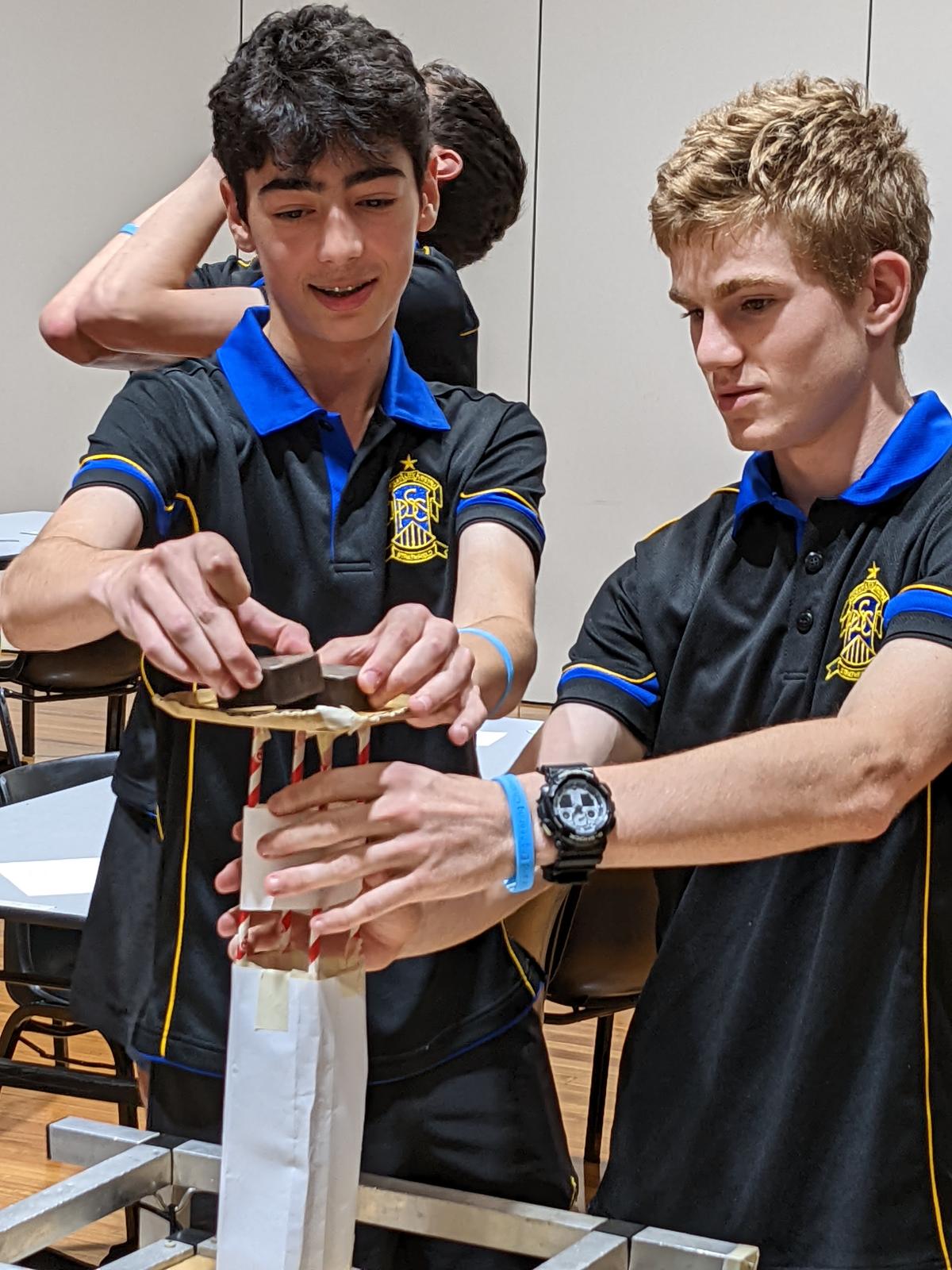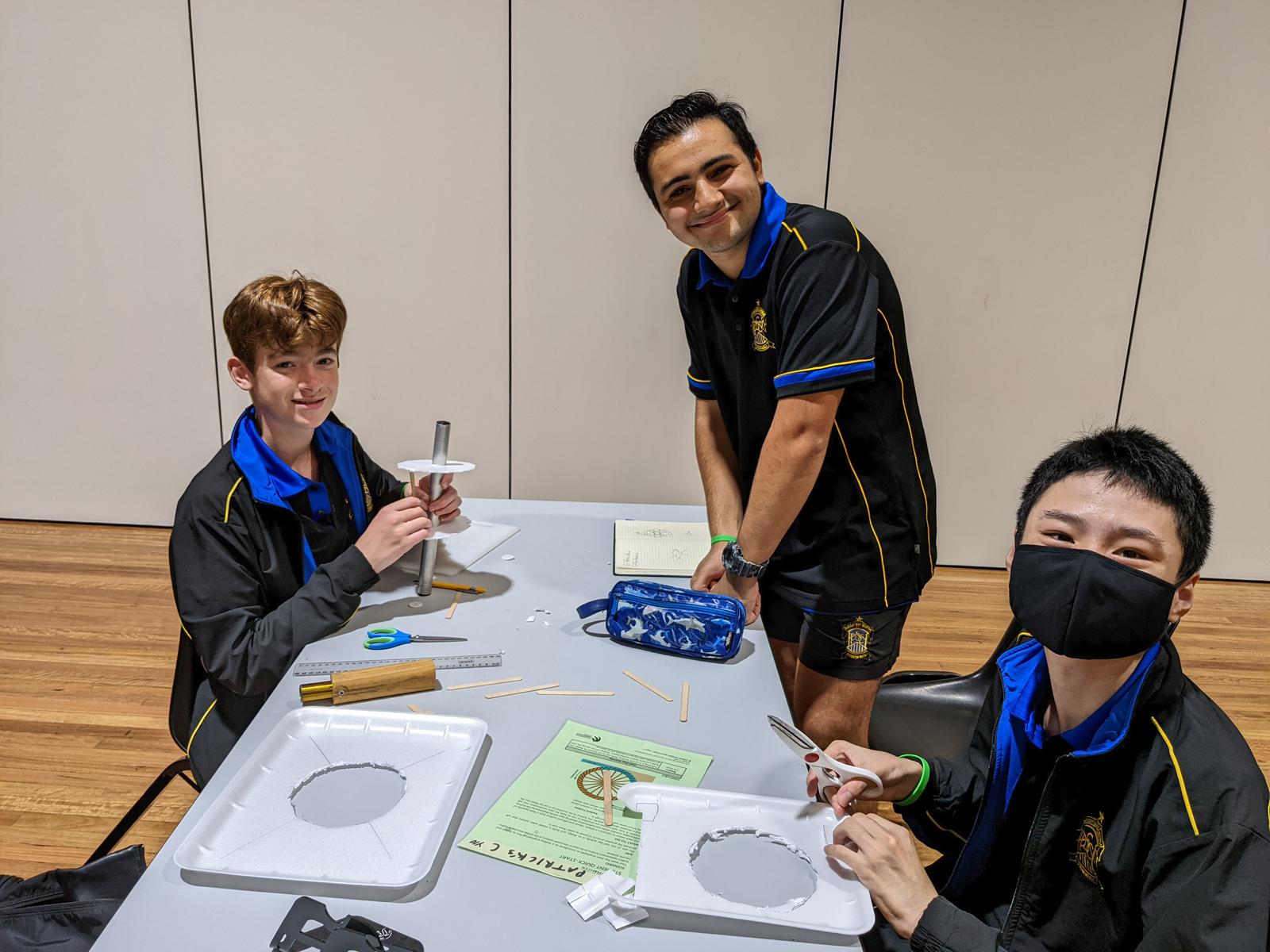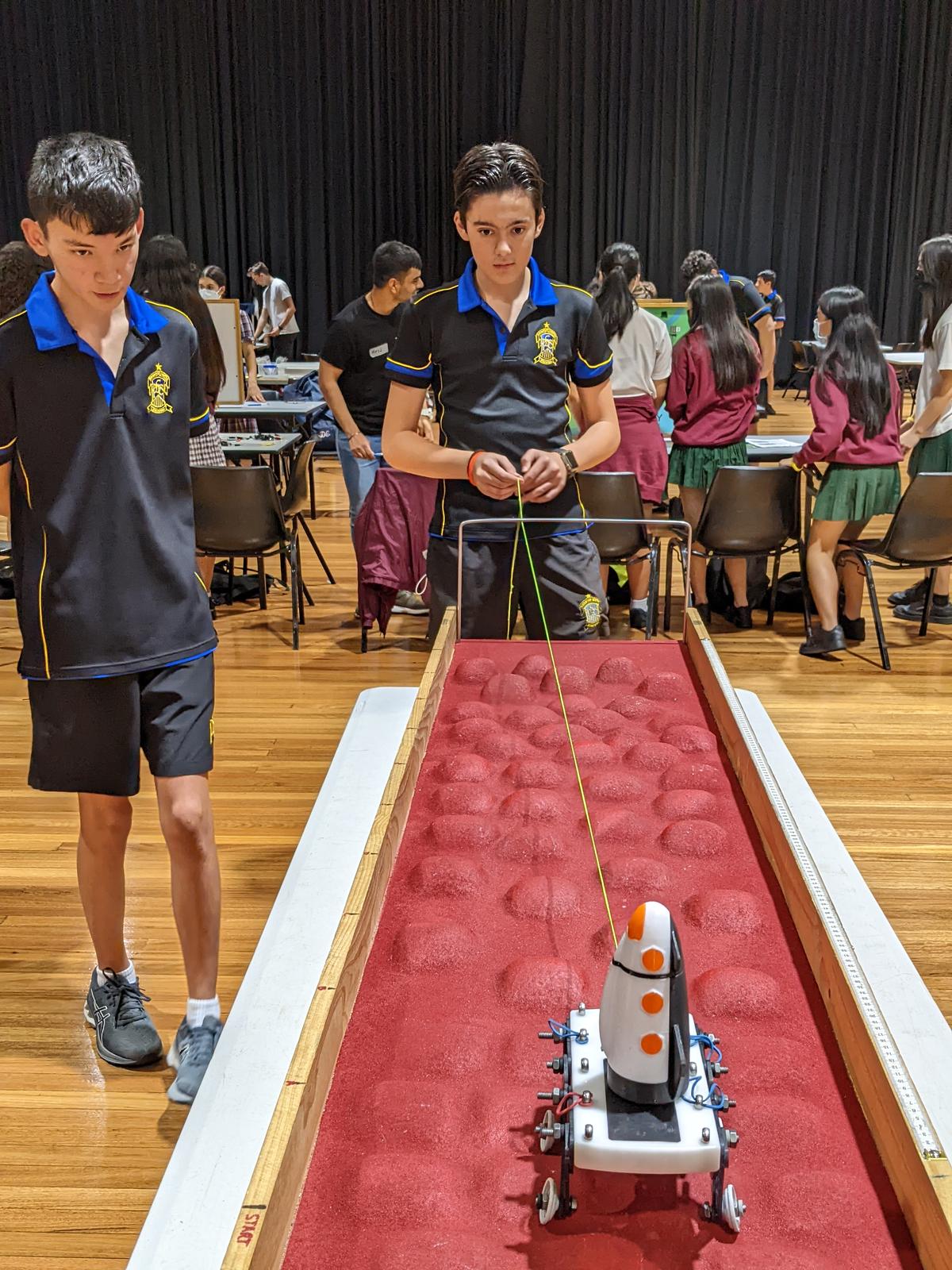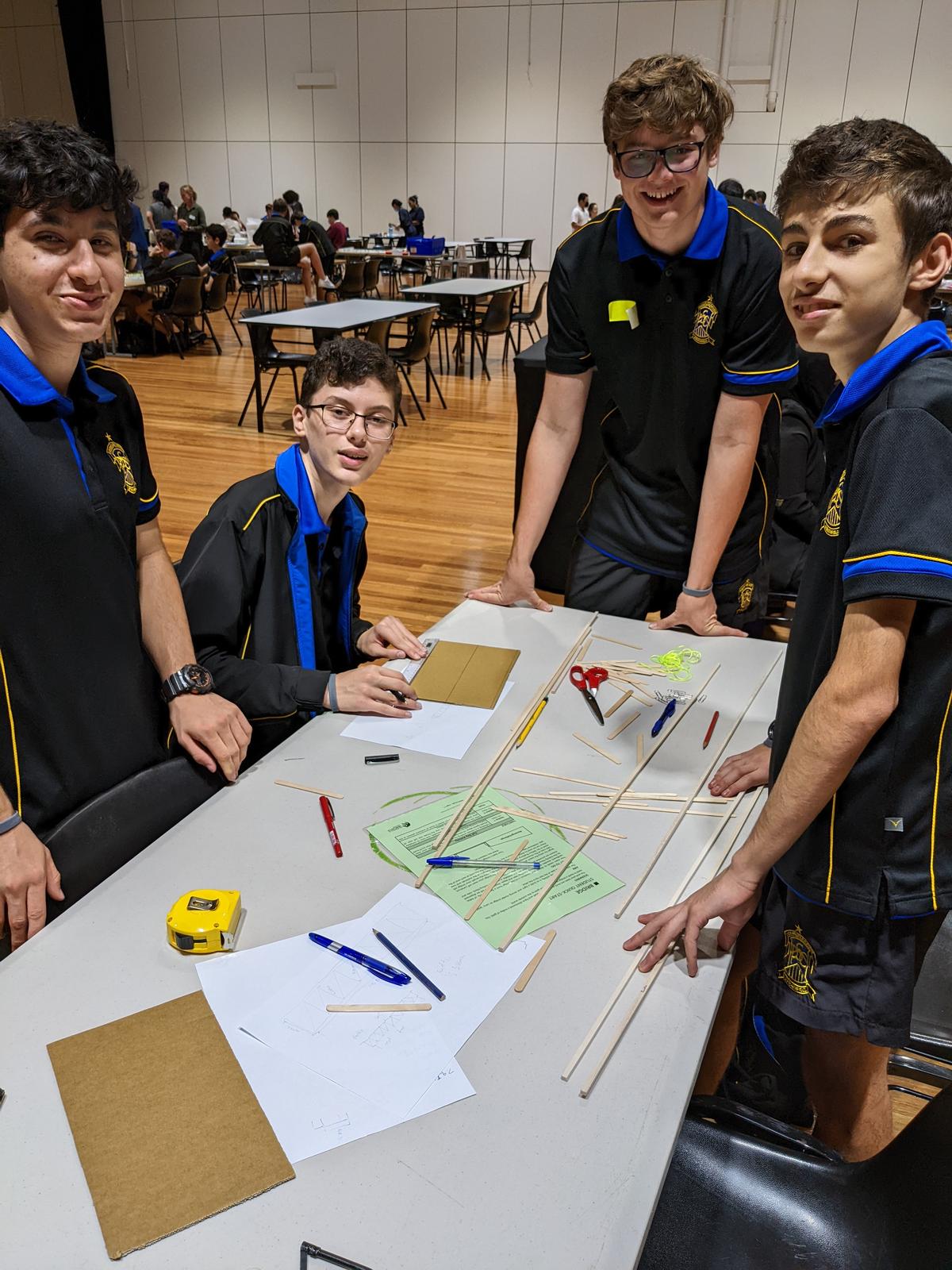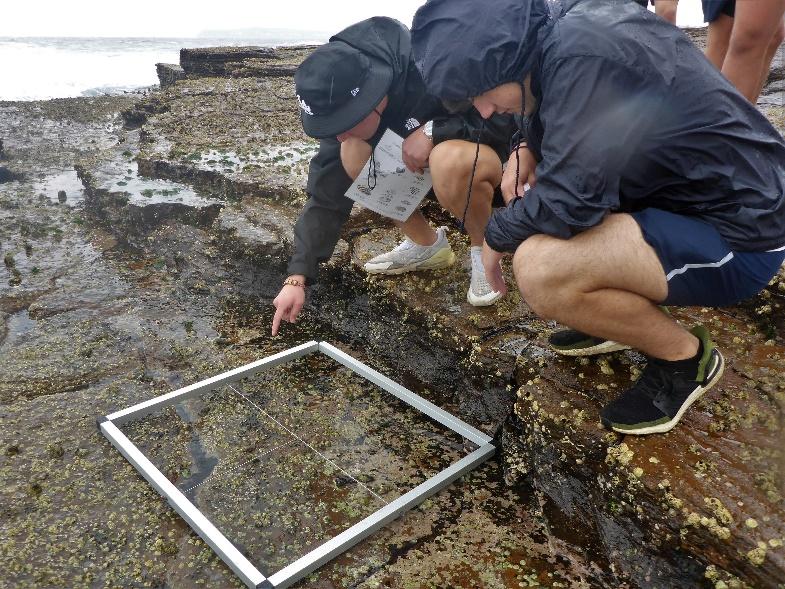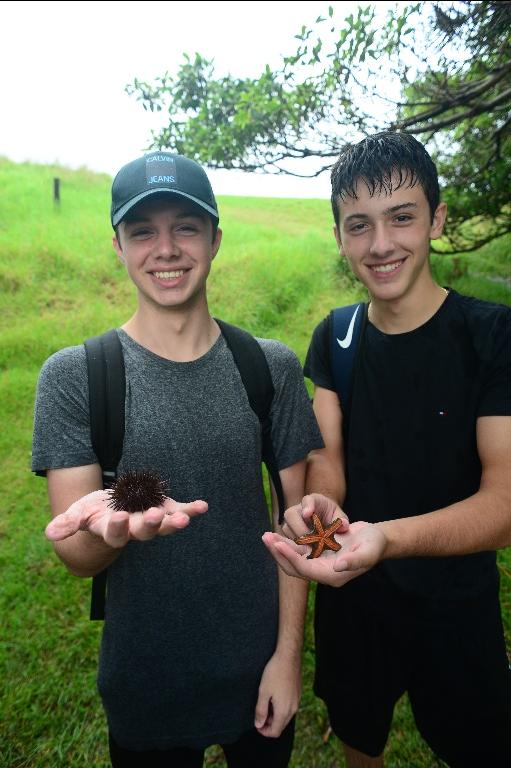Curriculum
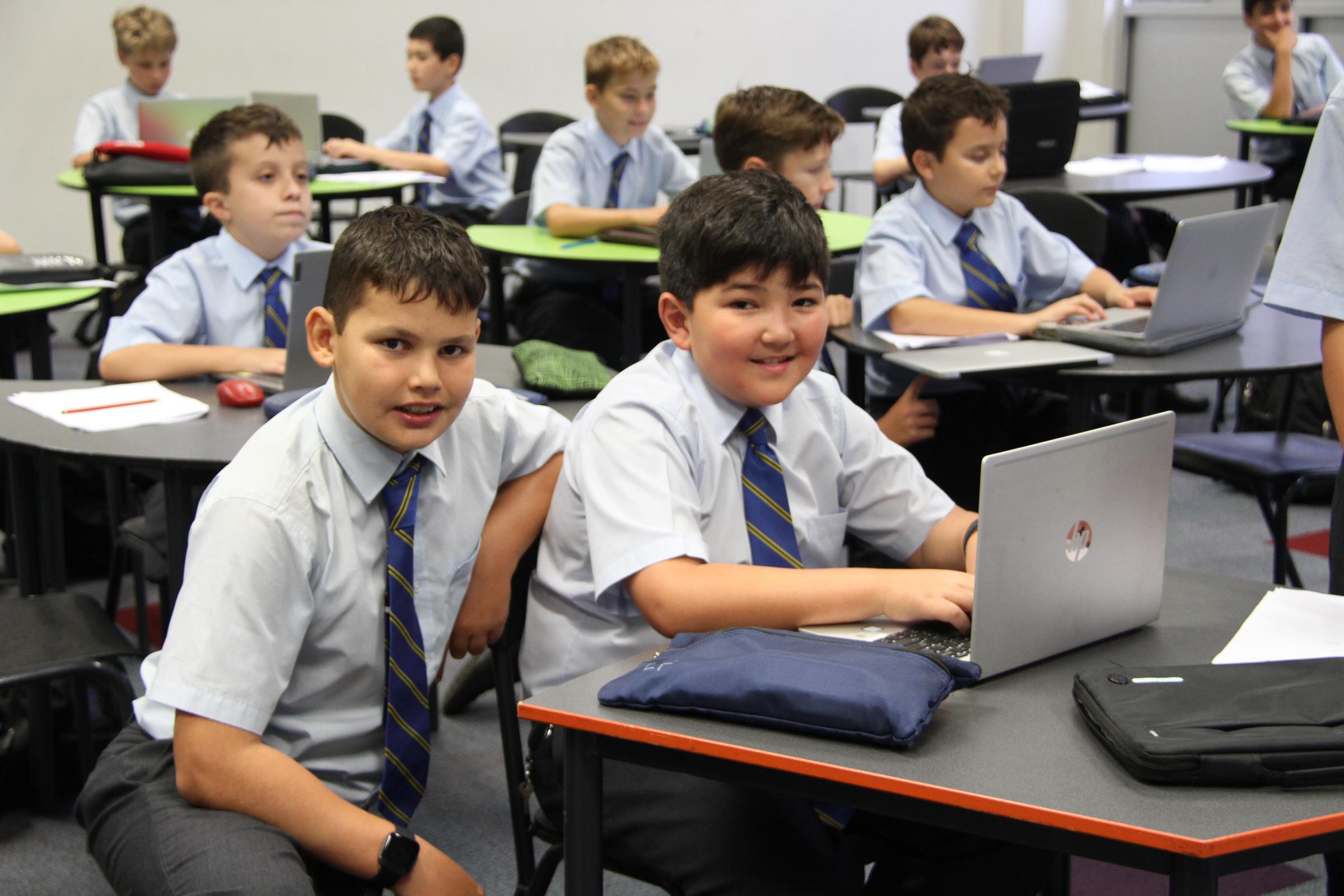
Holiday Study for Years 11 and 12
With Year 12 Parent Teacher interviews scheduled this week following the Year 12 Assessment Block and the upcoming Year 11 Assessment Block at the start of next term, I strongly encourage all Years 11 and 12 students to use their time wisely over the Easter break and not let the time pass without having done substantial preparation for the second term assessments and the year ahead.
The Easter break represents a very strategic time for Year 12 students to constructively assess their progress thus far and to make the necessary adjustments and effort in preparation for a very demanding HSC year ahead. Perhaps time not only to get on top of the work but also to get ahead.
For Year 11, the Easter break represents a very important time to consolidate their first term’s study and prepare for the Year 11 Assessment Block.
Year 11 Assessment Block
The Year 11 Assessment Block will commence on Wednesday 27 April with English Standard and Advanced assessments in the morning, and will conclude on Monday 9 May with the English Extension assessment. The assessments are quite varied in type, structure and format and include but are not limited to written responses to pre-published stimulus materials, oral presentations and practical examinations.
Parents/carers and students of Year 11 are reminded that in the event of absenteeism due to illness or misadventure during the Assessment Block, to contact the Year Coordinator, Mr Fox, on the morning of the assessment. Where possible, the missed assessment or a substitute will be arranged within the Assessment Block period. On the student’s return to school, a medical certificate for the illness/misadventure must be given to Mr Fox and the relevant Faculty Leader.
It is the College’s expectation that all senior students conduct themselves in an exemplary and serious manner during the Assessment Block. Year 11 students are reminded to consult the document Assessment/Examination Block Rules for Senior Students on the Year 11 Canvas page as any breach of the rules may incur a zero mark being awarded for the associated assessment.
Year 10 Academic Attainment Test
As per the College Calendar and Diary, the Academic Attainment Test for Year 10 (10AAT) is scheduled for Wednesday 4 May.
The purpose of the 10AAT is to provide the College with externally determined independent assessment data that will inform prospective Year 11 students and their parents/carers making appropriate subject selection choices for the senior years of secondary schooling.
The 10AAT is administered by Academic Assessment Services, formerly Robert Allwell and Associates, who are nationally renowned independent consultants specialising in the assessment and analysis of educational performance and progress.
It is important to note that the data from the 10AAT will contribute significantly to subject selection recommendations for Year 11 in 2023 along with the results from the Year 9 examinations conducted in fourth term of last year, the upcoming Year 10 examinations and the NESA HSC Minimum Standards Tests which will be conducted on Monday 16 May.
2022 National Assessment Program – Literacy and Numeracy (NAPLAN)
Parents/carers would know that all students in Years 3, 5, 7 and 9 from schools across Australia will sit the national tests in Literacy and Numeracy in May this year. The tests will ensure national consistency in benchmarking Literacy and Numeracy standards across all Australian educational jurisdictions.
All schools will be undertaking this year’s NAPLAN as a series of online tests rather than pen and paper tests. As part of the transition from the pen and paper tests to the online tests, the College has undertaken two practice online tests for Years 5, 7 and 9 – an omnibus test held on Wednesday 16 March covering reading, language conventions and numeracy and a writing test held on Thursday 24 March. To find out more about the online tests visit https://nap.edu.au/online-assessment.
The online tests will run over a testing window of nine days commencing Tuesday 10 May and concluding Friday 20 May to allow students an opportunity to sit missed scheduled tests within the testing window. In general, for our students, NAPLAN will occur on the following days:
- Tuesday 10 May: Writing
- Wednesday 11 May: Reading and Language Conventions
- Thursday 12 May: Numeracy.
With five weeks to the tests, parents/carers and boys of Years 5, 7 and 9 are encouraged to visit the NAPLAN site at: https://www.nap.edu.au/. Sample test items, marking criteria and marking guide are available as are past tests and marking guides.
The NSW Education Standards Authority has advised that the genre for the 2022 writing test will not be disclosed prior to the test period. In 2022, as in previous years, the writing test will be a single common task for all students. Students will be required to respond to either a narrative or a persuasive prompt. Therefore, boys from Years 5, 7 and 9, ought to practise and familiarise themselves with both the persuasive and narrative styles of writing. To understand more about the writing test, visit the NAPLAN site at: https://www.nap.edu.au/naplan/writing .
The boys should begin now to prepare for NAPLAN and parents/carers are encouraged to work with their son/s at home. The more practice items the boys do the better prepared and more confident they will feel during the NAPLAN test days.
Michael Cutrupi
Director of Curriculum
Science and Engineering Challenge
On Friday 25 March, a handful of Year 9 and 10 students were selected to participate in the nationwide Science and Engineering Challenge.
The challenge, coordinated by the University of Newcastle, which intended to foster the ingenuity and logical thinking of the participants, pitted groups of SPC students against competing schools to solve an assortment of engineering dilemmas, ranging from the construction of a semi-functional hand with plastic straws to the powering of a hypothetical city, indicative of the daily challenges faced by real-world engineers.
The day culminated in the rigorous bridge-building challenge, that required students to build a bridge with household materials that could withstand increasing weight, and despite the year ten team trailing behind initially, the group entrusted with building the bridge resisted buckling under pressure and seized the victory.
A special thanks is extended to all the staff who gave up their day to help supervise the event.
Luke Sultana (Year 10 Student)
Year 9 Science Incursion
This Term, Year 9 investigated Energy and Electricity and electricity unit. We learnt about energy, energy transfer, energy transformations, and electricity via research and constructing electrical circuits in class. On 18 March, Mr Paul Malanchuk from Electrical Projects Australia who is part of the team involved in the construction of our new Scientia building visited our College to explain electrical circuits being put into our new Scientia Building. He explained to us the application of electrical circuits, energy transfer and transformations required for completing electrical connections for a building project. This helped the students gain a better perception of how electrical circuits are built and developed in large-scale buildings, going through all the processes and research necessary for a successful design and an efficient system. We are looking forward to the completion of the new building and have acquired greater respect for all the effort and planning that goes into electrical engineering.
On behalf of the cohort, we’d like to thank Mr Chacon and Ms Mansour for organising this event for the Year 9 cohort.
George Lahoud (Year 9 Student)
Year 11 Biology Excursion
On 25 February, Year 11 Biology went to Long Reef, Collaroy to apply the skills we had learned including sampling techniques and knowledge of the ecosystem dynamics. Despite the persistent rain the biology classes managed to get out onto the rock platform where we examined different environments and habitats and applied quadrat and transect sampling skills. Abiotic data on temperature, pH and salinity was collected using various equipment. Fortunately, we were able to observe a variety of animals including sea slugs, crabs, algae and brittle stars. The excursion helped us to gain a better understanding of the unit we were studying. The second part of the field study involved a virtual excursion, prepared by Auseco of Long Reef, so we were able to consolidate our data collection and information. Together, the physical observations and virtual excursion were very useful.
Dominic Smith (Year 11 Student)

